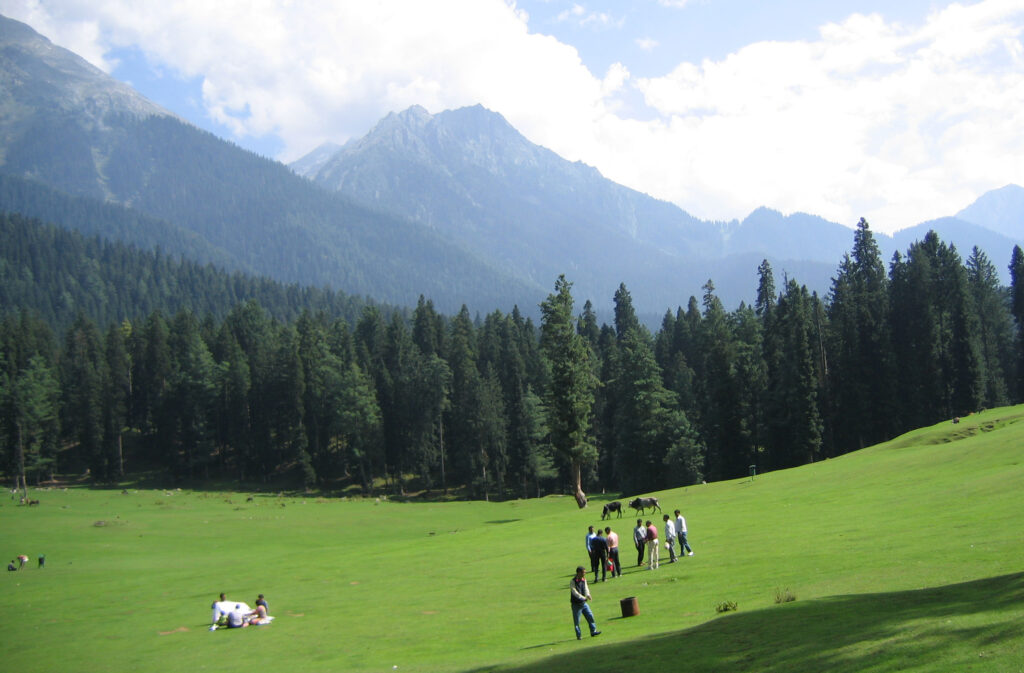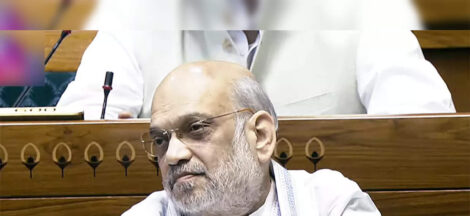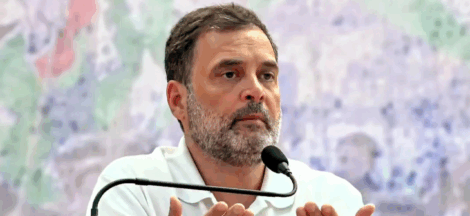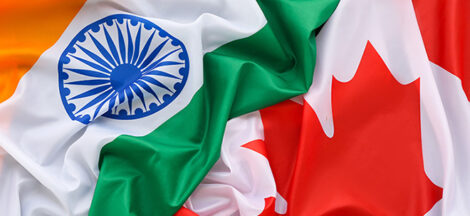Protests erupted across several countries as members of the Indian community gathered in large numbers to condemn the Pahalgam terror attack that claimed 26 lives. Demonstrations were held in Canada, Denmark, England, France, Finland, Germany, Spain, and the United States, with protesters waving flags, raising slogans against Pakistan, and calling for swift action to bring the perpetrators to justice.
The coordinated demonstrations, which took place on Sunday, reflected a wave of anger and sorrow among the diaspora after a devastating attack that targeted civilians last Tuesday in the Pahalgam region. Participants carried placards demanding accountability and denouncing terrorism, asserting their solidarity with the victims and their families. Streets in major cities, including Toronto, London, Paris, Madrid, and New York, witnessed significant turnouts despite inclement weather conditions in some areas.
Protesters accused Pakistan-based terrorist groups of orchestrating the attack and urged international bodies to impose stricter sanctions on Islamabad for allegedly harbouring extremists. “Enough is enough,” shouted demonstrators in London’s Trafalgar Square, where hundreds gathered, many wearing black bands and holding banners reading “Justice for Pahalgam Martyrs” and “Terrorism Has No Religion.” The mood was sombre but determined as community leaders, students, and human rights activists addressed the crowd, calling for global recognition of the issue.
In Toronto, protest organisers observed a moment of silence for the victims before launching into chants condemning cross-border terrorism. Speakers at the event urged the Canadian government to reassess its diplomatic ties with Pakistan, citing its alleged complicity in supporting terror networks. Similar sentiments echoed across rallies in other cities, where demands were made for greater international cooperation in counterterrorism efforts.
In Copenhagen, demonstrators assembled outside the Pakistani Embassy, holding up signs that read “Stop Exporting Terror” and “We Stand With Pahalgam.” Danish police supervised the gathering to ensure order, but the event proceeded peacefully with participants sharing personal stories of how terrorism had affected their families back home.
Paris saw a gathering at Place de la République, a traditional site for public expression, where hundreds turned out despite a heavy police presence. Protesters criticised what they described as inadequate international pressure on Pakistan and called for more stringent measures at multilateral forums like the United Nations. Similar gatherings unfolded in Berlin’s Brandenburg Gate and Madrid’s Puerta del Sol, where speeches, candlelight vigils, and silent marches formed the core of the demonstrations.
In the United States, vigils and protests were held in New York’s Times Square, outside the United Nations headquarters, and in Washington, D.C. Organisers there stressed the need for the U.S. administration to reconsider its aid and military partnership with Pakistan, arguing that continued support indirectly emboldened extremist elements. The crowds displayed slogans like “Blood on Their Hands” and “Say No to Terror State,” echoing the urgency expressed by protesters across the Atlantic.
The Pahalgam terror attack has reignited global debates over the need for decisive actions against state-sponsored terrorism. Analysts noted that this wave of international protests reflected growing frustration within expatriate communities, who have historically been vocal but rarely mobilised at such a large scale. Observers pointed to the synchronised nature of the demonstrations as a sign of increasing coordination among diaspora groups, enabled in part by social media platforms and community organisations.
Security experts also weighed in, stressing that attacks such as the one in Pahalgam have broader geopolitical consequences. According to analysts, there is a risk of escalation in regional tensions if diplomatic channels fail to address the underlying issues. Calls for Pakistan’s accountability were particularly strong among policy commentators, who cited long-standing concerns over the activities of militant groups operating from Pakistani soil.
Pakistan’s Ministry of Foreign Affairs has denied any involvement in the Pahalgam attack, describing the allegations as “baseless” and accusing New Delhi of attempting to divert attention from internal challenges. However, protesters and community leaders dismissed these denials, insisting that credible international investigations must be launched without delay.
Human rights advocates at various rallies emphasised that the issue transcended national boundaries. “This is not just a tragedy for one country; it is a tragedy for humanity,” said Aarti Sharma, a community leader in Berlin, addressing the crowd. She called upon the European Union to take a firmer stance against terrorism and urged the imposition of targeted sanctions against individuals and entities linked to extremist activities.
The protests were largely peaceful, with local law enforcement agencies reporting no major incidents of violence or unrest. Organisers maintained that the aim was not to incite hatred but to seek justice and raise awareness about the ongoing threat of terrorism. Many protesters also distributed pamphlets outlining the details of the Pahalgam attack and the broader security challenges faced by the region.




 Pakistan Lags Decades Behind India, Owaisi Says Amid Rising Tensions
Pakistan Lags Decades Behind India, Owaisi Says Amid Rising Tensions 